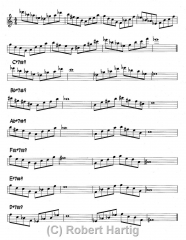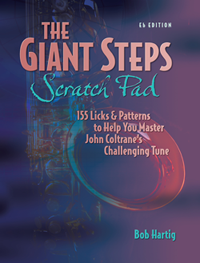I’ve found a new place to practice my saxophone along my beloved railroad tracks.
If you’ve followed the musical side of this blog for any length of time, you know that I do most of my practicing in my car, parked by a CSX line that threads the countryside from Grand Rapids to Lansing. Living in an apartment has forced me to find a suitable “studio” away from my living quarters, and since I’ve loved trains since I was a kid, the tracks are it. I don’t mind this arrangement at all. I’ve been getting in my practice this way for years, even a couple decades, and I like it so well that even if I owned a house, I would probably still venture out to the tracks frequently.
Anyway, these past couple of months I’ve begun parking in a little turn-in next to the tracks between Alto and Elmdale, which is like hanging out halfway between Huh? and Nowhere. I love this spot. Parking parallel to the tracks, I can see the distant signal lights both behind me in the mirror and in front of me through the windshield and can spot the headlamps of approaching trains from far off. It’s great.
Of course, the sight of a car parked off to the side with its lights out and the dim outline of a person sitting inside it looks a bit suspicious, and once in a while, the cops stop and check me out. I don’t mind–they’re doing exactly what they should be doing, and usually they’re pretty nice about it. The guy who investigated me tonight was a good example.
I was sitting there ripping through “Ornithology” with my Aebersold CD when a patrol car pulled up and melted both of my retinas with its spotlight. Okay, no sweat. I kept on playing, figuring that doing so would provide the quickest explanation for what I was about.
I figured right. When the policeman walked up to my window, he was laughing. “What’s the matter? Wife won’t let you practice at home?” he said. I explained my living situation and how I had been parking by this stretch of tracks for many years. “Yeah, I think I’ve seen you out here before,” he said. “You know, my father-in-law plays trombone, and my mother-in-law gave him crap for playing it last Thanksgiving.”
“Hey,” I said, “someone understands!” I handed him my license and let him run his routine. Then we wished each other well, he took off, and I returned to my practicing. It was a clear January night with a new moon, not very cold, and through my side window I could see Orion the Hunter striding through a riot of stars in the southern sky. In my rearview mirror, a green signal light announced the approach of a train still miles down the line. Such are the perks of practicing by the railroad tracks. Why would I ever trade them for playing indoors?


